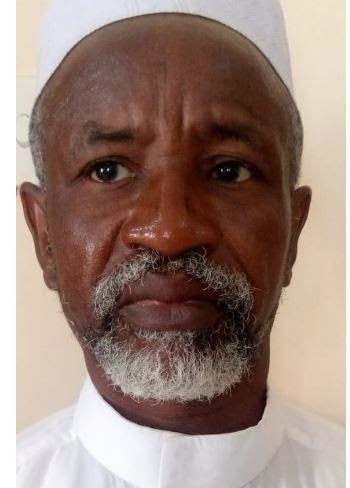Abstract
Traditional
Songs are powerful means of propagating and maintaining culture in Hausa
societies. They are tools with which a singer constructs the identity of
personalities and the world views of his society in general. In Hausaland,
singers propagate, educate and inform the members of their society about the
government policies, roles of personalities, norms, customs and values. This
study focuses on the songs of Alhaji Musa Dankwairo with particular attention
to the way language is used in identity constructions of power holders in the
songs of Sardauna Bello. It examines the nature and attributes of the
linguistic items employed by the singer in differentiating the powerful
personalities on one hand and the powerless ones on the other. The study is
based on the Critical Discourse Analysis (CDA). Thus, the method of data
analysis adopted is Fairclough’s (1989) theory of Social Practice. The study
finds out that Dankwairo as a singer is creative in using linguistic resources
such as nouns, pronouns, adjectives, metaphors etc. to construct the positive
personality of the major social actors and portray others as negative.
Therefore, Hausa traditional song is a means of legitimising or de-legitimising
positions or actions. Hence, the creative use of language by singers plays a significant
role in obtaining and maintaining power in Hausa society. The study recommends the
preservation of Hausa traditional songs due to their relevance as a treasure of
cultural norms and values.
Keywords: construction, de-legitimising, identity, legitimising, powerful, powerless social actors
DOI: 10.36349/zamijoh.2023.v02i02.006
author/ Musa, A.L., Danjani, A.M. & Musa, G.
journal/Zamfara IJOH Vol. 2, Issue 2





